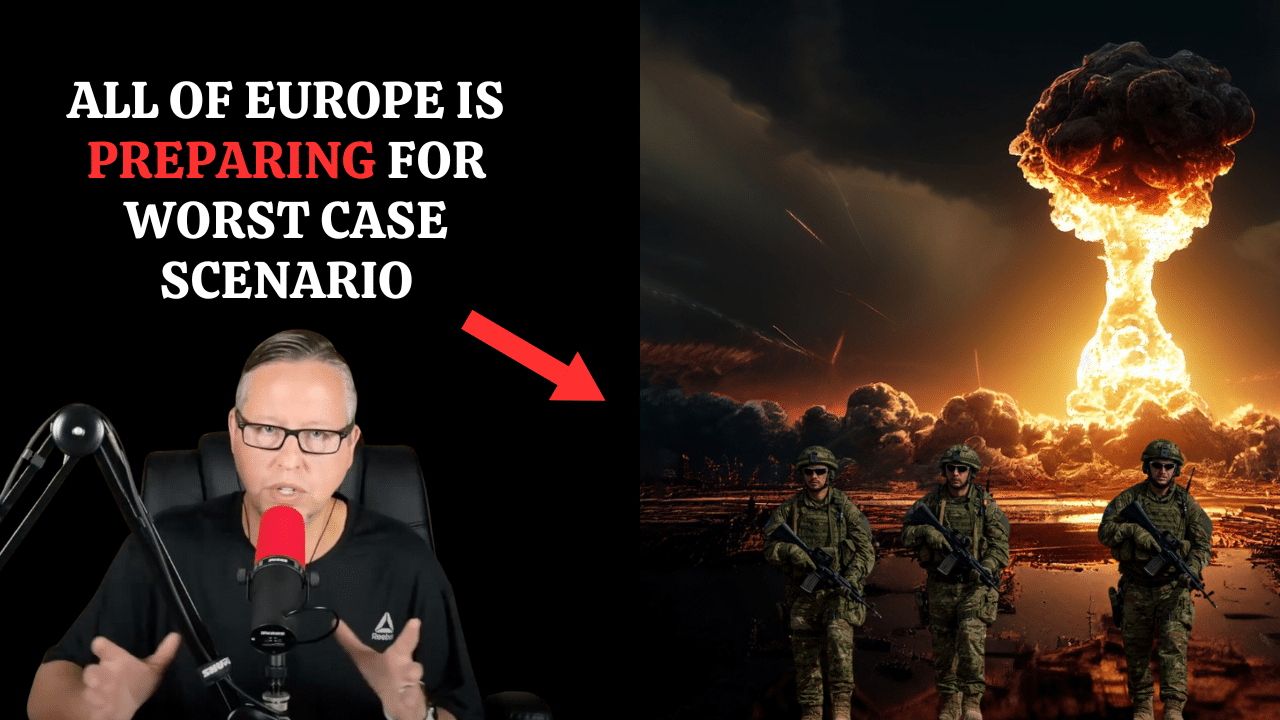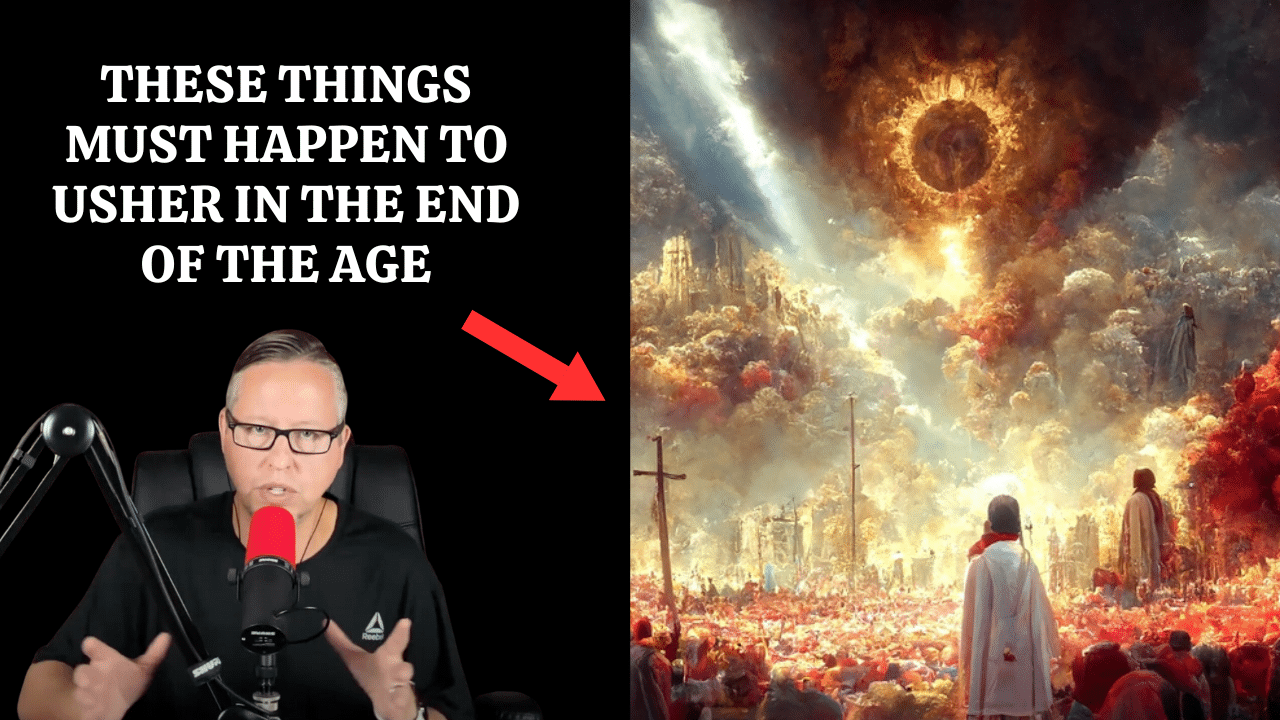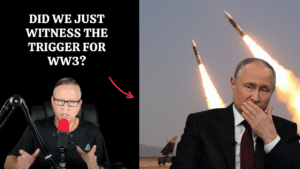The rapid advance of artificial intelligence technology has raised concerns about eliminating jobs held by humans. Professional photography is now coming into focus as one such potential casualty.
“The rapid advancements in AI and image processing are transforming photography from a skill-based art to one that is increasingly technology-driven.
This evolution is making high-quality photography accessible to a broader audience, challenging the traditional notion of professional photography as a skill,” according to a report published Tuesday by Medium.
“As we move further into this AI-driven era, it becomes evident that the role and relevance of professional photography skills, as we have known them, are becoming obsolete.”
The report comes as concerns have grown about just how many human jobs AI may displace, moving from low-skilled labor to picking off professional fields such as accounting careers.
Professional photography could be yet another victim of that trend, the report argued, noting how even smartphones now contain AI technology that allows even a novice user to take high-quality photos that you could previously only get from a professional.
“AI’s ability to handle complex tasks is shifting the focus away from technical expertise, raising questions about the future relevance of traditional photography skills,” the report said.
Jake Denton, a research associate at the Heritage Foundation’s Tech Policy Center, worries about such implications with the advancing tech, telling Fox News Digital that machines should not be viewed as a way to bypass human creativity.
“While Al art may be novel and visually compelling, we should be wary of readily accepting machine creativity as equivalent to human artistry,” Denton said.
“Algorithms can adeptly replicate the style and techniques of artists, but they lack the cultured sensibilities, conceptual depth and emotional resonances that human artists can imbue into their work. Al has no inner muse to channel, no personal experiences to draw from, no unique vision to express.”
While Denton acknowledged the value of technological advances, he argued that relying on the tech would diminish the value of human perspectives in art.
“As wondrous as technological advancements may be, true art requires a level of insight and imagination that machines do not currently possess,” Denton said. “If we passively adopt Al art without critique, we risk diminishing the unique perspectives of human artists and stunting the cultural vitality that has traditionally come from human-made creative works.”







